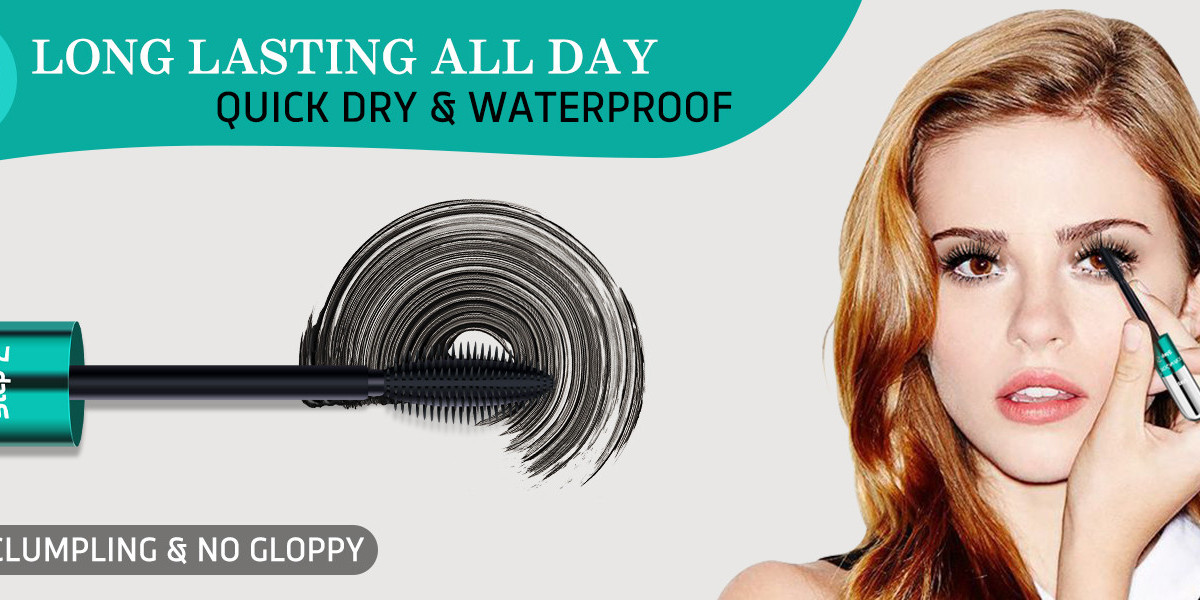Laboratory Cryogenic Systems are specialized setups designed for conducting experiments and storing materials at cryogenic temperatures. The demand for these systems is rising as research institutions and laboratories seek advanced solutions for low-temperature experiments. Innovations in laboratory cryogenic systems are enhancing their efficiency and usability, driving market growth.
The cryogenic capsules market has witnessed substantial growth over the past decade due to advancements in biotechnology, pharmaceuticals, and medical research. Cryogenic capsules, designed to store biological samples at extremely low temperatures, play a pivotal role in preserving cells, tissues, vaccines, and other sensitive biological materials. Their ability to maintain stability over extended periods has made them indispensable in clinical laboratories, hospitals, and research institutions worldwide. The growing need for regenerative medicine, stem cell research, and vaccine storage is driving demand in this market.
Market Drivers
Several factors are fueling the growth of the cryogenic capsules market. The surge in biotechnology research and regenerative medicine is increasing the demand for reliable storage solutions. Additionally, rising awareness regarding the importance of sample integrity during storage has pushed organizations to adopt advanced cryogenic systems. The COVID-19 pandemic further highlighted the critical role of cryogenic storage in vaccine preservation, leading to significant investment in infrastructure and technology. Furthermore, government support and funding for healthcare and research sectors are creating new opportunities for market expansion.
Technological Advancements
Cryogenic capsules are evolving with innovative materials and designs to improve efficiency and safety. Newer models are equipped with advanced insulation, leak-proof features, and automated handling systems. Automation and robotics integration in laboratories have enhanced operational efficiency, allowing for better sample management and traceability. Additionally, advancements in cryopreservation techniques have improved the viability and longevity of stored biological samples, making these capsules more reliable for long-term applications.
Applications
Cryogenic capsules are widely used in medical, pharmaceutical, and research applications. In the medical field, they store stem cells, reproductive cells, and organ tissues for transplantation and research. Pharmaceutical companies use them to preserve vaccines, biological drugs, and other temperature-sensitive products. In research laboratories, cryogenic capsules facilitate experiments requiring long-term storage of cells and tissues. Moreover, the increasing use of personalized medicine is driving demand for patient-specific biological sample storage, creating a significant market opportunity.
Regional Insights
Geographically, North America dominates the cryogenic capsules market due to the presence of advanced healthcare infrastructure, leading research institutions, and a strong biotechnology sector. Europe follows closely, with countries like Germany, France, and the UK investing heavily in cryogenic storage solutions. The Asia-Pacific region is emerging as a key market, driven by expanding pharmaceutical industries, government initiatives, and rising healthcare awareness. Developing countries in Latin America and the Middle East are also expected to witness steady growth in the coming years.
Challenges
Despite growth opportunities, the market faces certain challenges. High initial investment costs, strict regulatory frameworks, and the complexity of handling cryogenic materials can limit adoption, especially among smaller organizations. Additionally, the need for trained personnel to operate and maintain cryogenic storage systems adds to operational challenges. Continuous innovation and awareness campaigns are essential to overcome these barriers and ensure broader adoption.
Future Outlook
The future of the cryogenic capsules market appears promising, driven by technological advancements, increasing healthcare expenditure, and expanding research activities. Innovations such as smart cryogenic systems with temperature monitoring, remote access, and automated sample tracking are expected to enhance efficiency. Moreover, collaborations between biotechnology companies, research institutions, and healthcare providers will create new opportunities, further propelling market growth. As the importance of biological sample preservation continues to rise, the cryogenic capsules market is set to witness sustained growth globally.
FAQs
Q1: What are cryogenic capsules used for?
Cryogenic capsules are primarily used to store biological samples like stem cells, tissues, and vaccines at extremely low temperatures to maintain their stability and viability.
Q2: Which industries use cryogenic capsules?
They are widely used in healthcare, biotechnology, pharmaceutical research, and clinical laboratories for storing sensitive biological materials.
Q3: What challenges does the market face?
High initial costs, regulatory complexities, and the need for trained personnel are key challenges in adopting cryogenic capsules.








